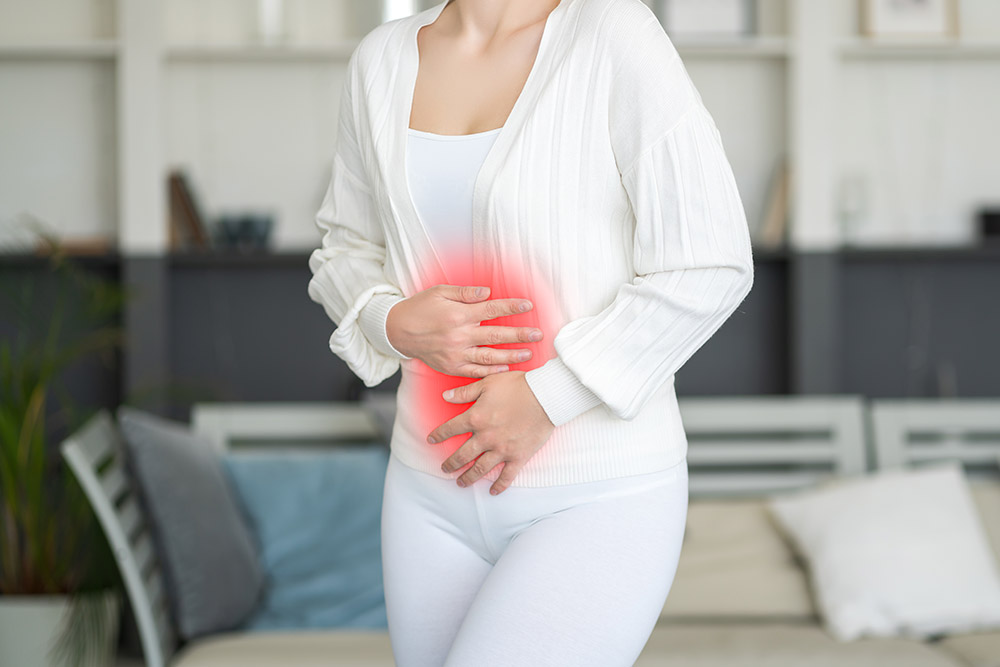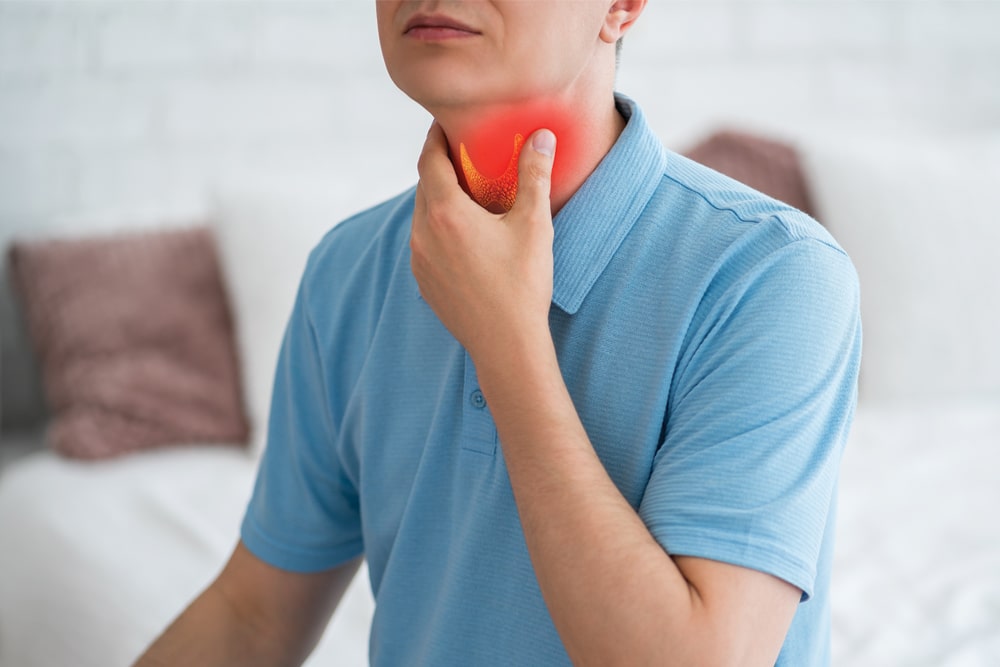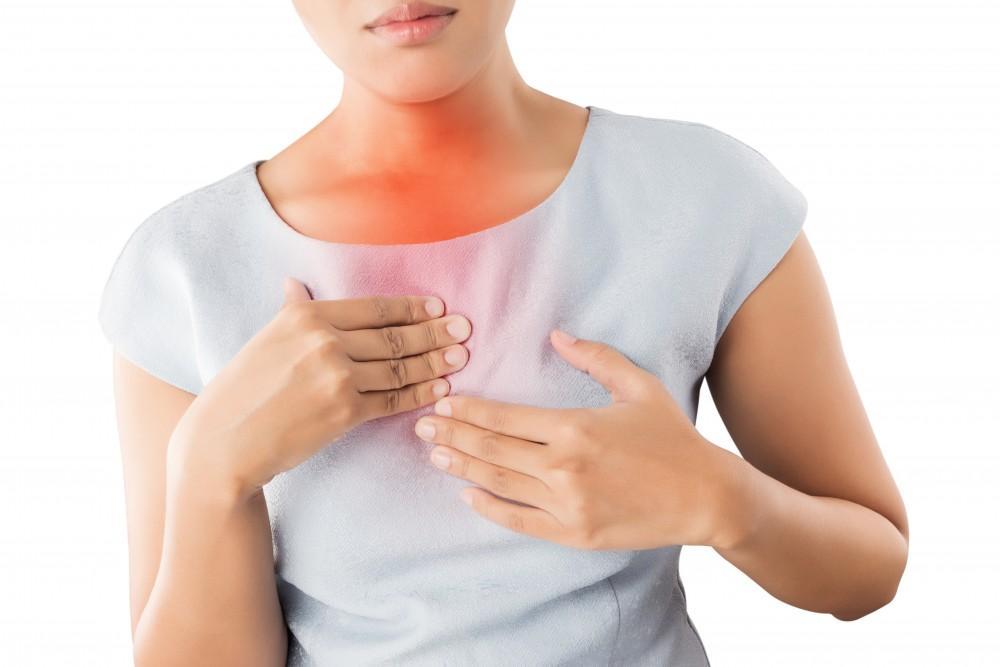What Is Fecal Impaction?
Fecal impaction occurs when a large, hard mass of stool becomes stuck in the rectum or lower colon and can-t be passed normally. Unlike routine constipation, this blockage may allow only liquid stool to leak around the obstruction, sometimes mimicking diarrhea. Prompt recognition and treatment are essential to avoid complications.
Common Causes and Risk Factors
- Low-fiber diet (insufficient fruits, vegetables, whole grains)
- Not drinking enough fluids
- Long-term use of painkillers or certain antacids
- Reduced mobility after surgery or during illness
- Nerve and spinal cord disorders affecting bowel control
- Age-related weakening of bowel muscles
Signs and Symptoms
- Abdominal pain or bloating
- Difficulty passing stool or gas
- Watery stool leaking from around the blockage
- Fever, nausea, or signs of infection
- Loss of appetite or general discomfort
How Dr. Rishi Diagnoses Fecal Impaction?
Dr. Rishi Chadha uses a step-by-step approach:
Medical History and Physical Exam
He reviews your complete health history, medications, diet and hydration habits, then performs a physical exam-including a digital rectal exam-to detect impacted stool.
Imaging Studies
- Abdominal X-ray: Visualizes stool burden and confirms the location of the blockage.
- Ultrasound: Assesses stool consistency and rules out other abdominal issues.
Endoscopic and Functional Tests (if needed)
- Colonoscopy: Directly examines the colon for large or hard blockages.
- Anorectal Manometry: Measures muscle strength and nerve function in the rectum and anus.
Frequently Asked Questions
What's the difference between fecal impaction and constipation?
Constipation involves hard or infrequent bowel movements. Fecal impaction is a complete blockage of stool in the rectum or colon that requires medical treatment.
What causes fecal impaction?
Common causes include a low-fiber diet, dehydration, prolonged use of painkillers or antacids, inactivity after surgery or illness, nerve problems, and weakened bowel muscles from aging.
What are the main symptoms?
Key signs include belly pain or bloating, difficulty passing stool or gas, watery stool leaking around the blockage, loss of appetite, and sometimes fever or nausea.
How is it diagnosed?
Dr. Chadha takes a medical history, performs a physical and digital rectal exam, and may order imaging tests such as abdominal X-ray or ultrasound. In rare cases, colonoscopy or anorectal manometry is used.
What is the ICD-10 code for fecal impaction?
The ICD-10 code for fecal impaction is K56.41.
Can I treat it at home?
Mild cases may improve with a high-fiber diet, increased water intake, and gentle over-the-counter laxatives. Always check with your doctor before starting home treatments.
When is it an emergency?
Seek immediate care if you experience severe abdominal pain, persistent vomiting, high fever, or signs of infection.
How can I prevent it?
Prevent impaction by eating fiber-rich fruits, vegetables, and whole grains, drinking plenty of water, and staying active.
Are laxatives safe to use long-term?
Certain laxatives can be safe under a doctor's supervision, but overuse can lead to dependence or worsen symptoms. Follow medical advice.
When should I see Dr. Chadha?
If lifestyle changes and home remedies don-t provide relief or if your symptoms are severe, schedule a consultation with Dr. Rishi Chadha right away.











